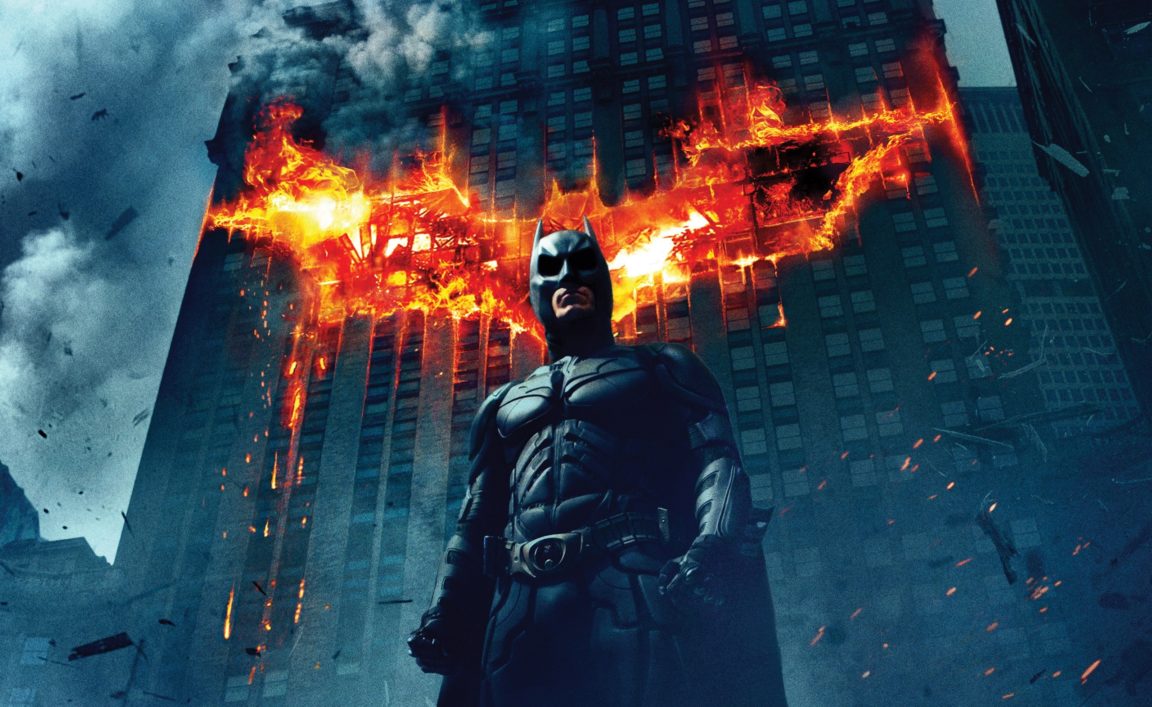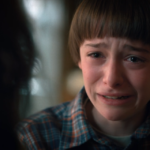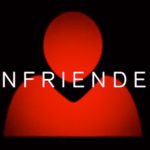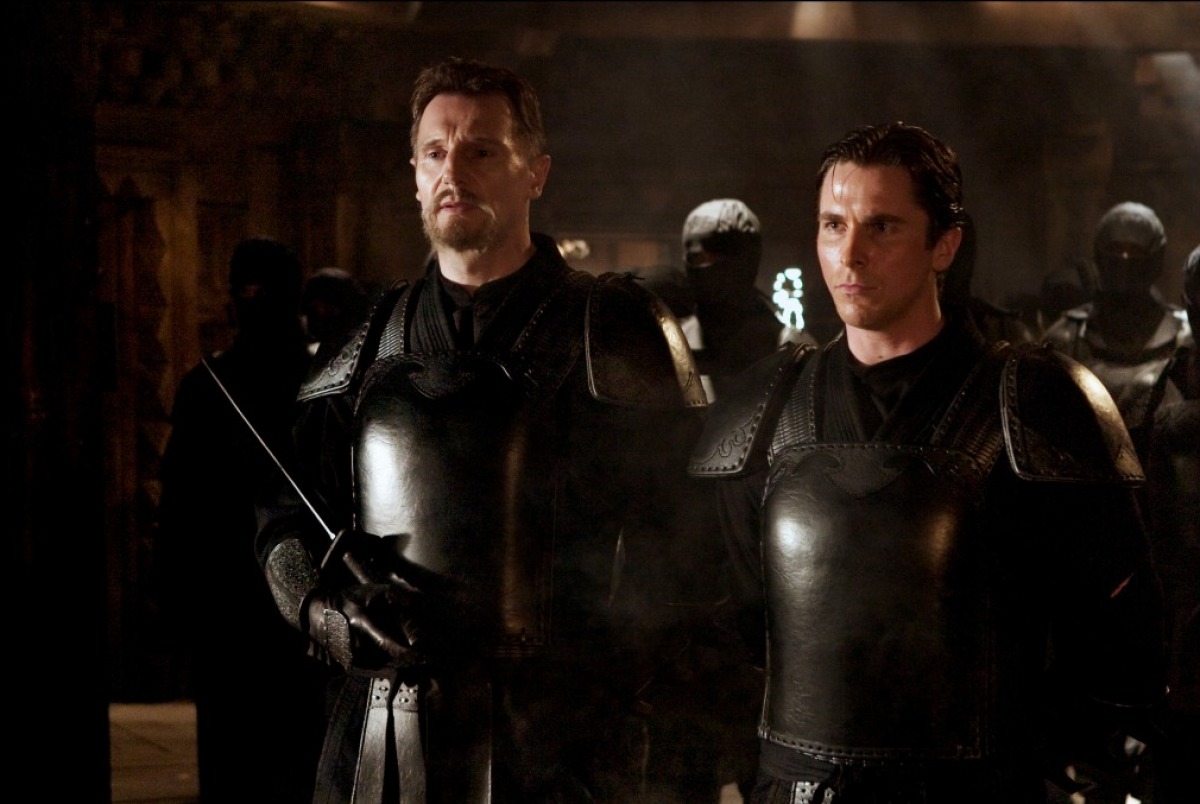
It’s been ten years since the release of arguably the most popular comic book film of all time. Whenever Marvel fans criticize DC, its fans always point to The Dark Knight as the crowning achievement in superhero cinema. And in many ways it is. It transcended the genre itself, was done in a realistic, gritty style, and contained one of the most famous cinematic performances of all time. When it was released in the summer of 2008, the world of cinema was shifting in a new direction (there’s an entire article just about that here). It’s quite clear that the film has had an extensive effect on the industry as a whole. Some have been incredible breakthroughs themselves, but have all of them been beneficial?
Getting the Genre Taken Seriously
Initially, the superhero/comic book genre struggled to attain prestige. They were the subject of Saturday morning cartoons, and solely meant for children. While the Richard Donner Superman and Tim Burton Batman films had been well received, they still weren’t taken as seriously as dramas. Then in the early 2000’s a new trend dawned. Between X-Men, Spiderman, and Batman Begins, the genre slowly began to take over Hollywood. After already delivering a critical and financial hit with Batman Begins, Christopher Nolan delivered his magnum opus in the summer of 2008 with The Dark Knight.
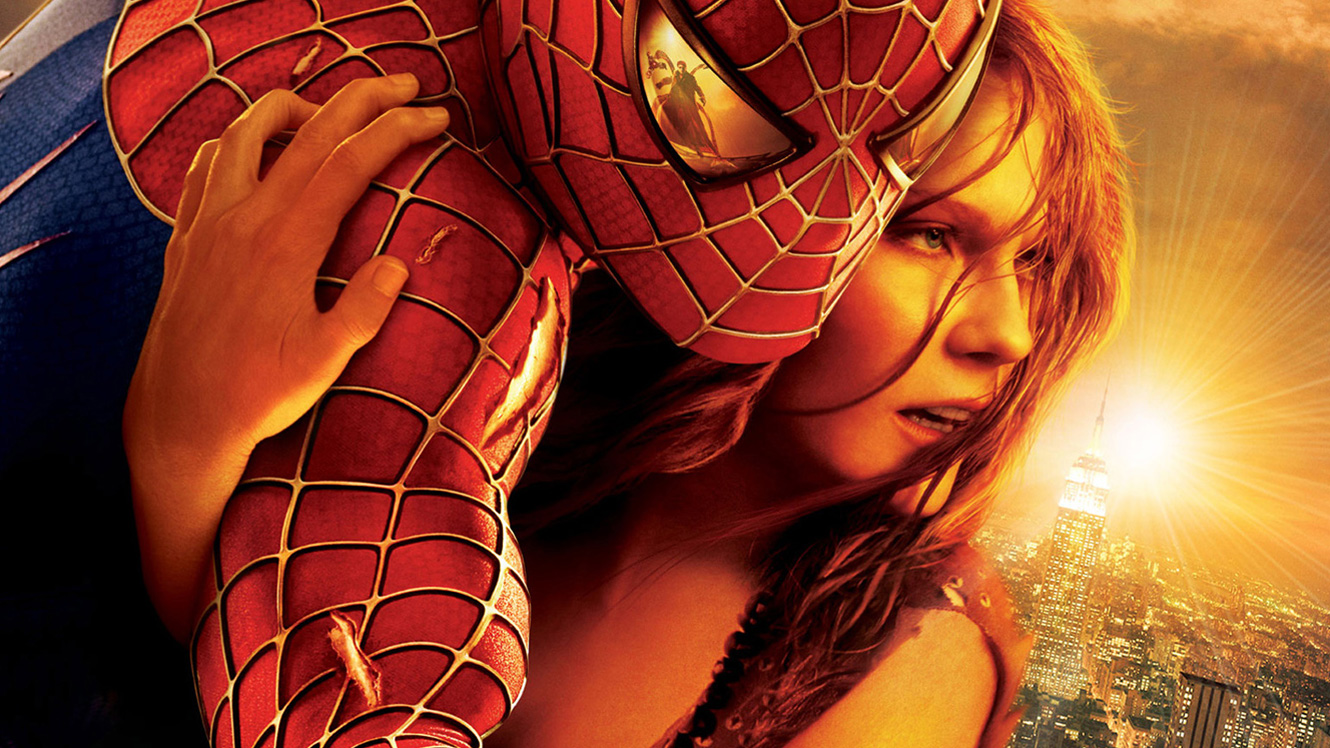
For this one, Nolan decided to go in a completely unique direction. Rather than make a traditional Batman film, he would instead make an urban crime thriller, merely featuring the Dark Knight. What followed was a hyper-realistic take on organized crime, chaos vs. order, and the fight for Gotham City’s soul. It demonstrated that a superhero film could contain these bleak, real world themes, and still not disappoint. And it’s a method that many other films, including those done by Marvel have emulated. In many ways Captain America: Winter Soldier is done in the style of a 70’s spy thriller, Spiderman: Homecoming is John Hughes-inspired teen coming of age dramedy, Ant-Man is a heist comedy, and Thor: Ragnarok is a wacky 80’s fueled space comedy. Nolan’s achievements showed the world that not all superhero films had to be tied down to the traditional beats, but rather could exist almost entirely in a wide variety of other genres.

Of course, no conversation of this film is complete without discussing Heath Ledger’s iconic performance as the Joker. To date, it’s the only time in history that a superhero film earned an Academy Award for acting. They had always been included in the technical ones such as Best Sound Editing, Visual Effects, or Art Direction, but never one of the major categories. In fact, there was such an outcry that The Dark Knight wasn’t nominated for Best Picture, that the following year the Academy changed their system so that up to 10 films could be nominated. This was all an attempt to get a wider variety of films on the ballot rather than just social dramas and period pieces as is so often the case.
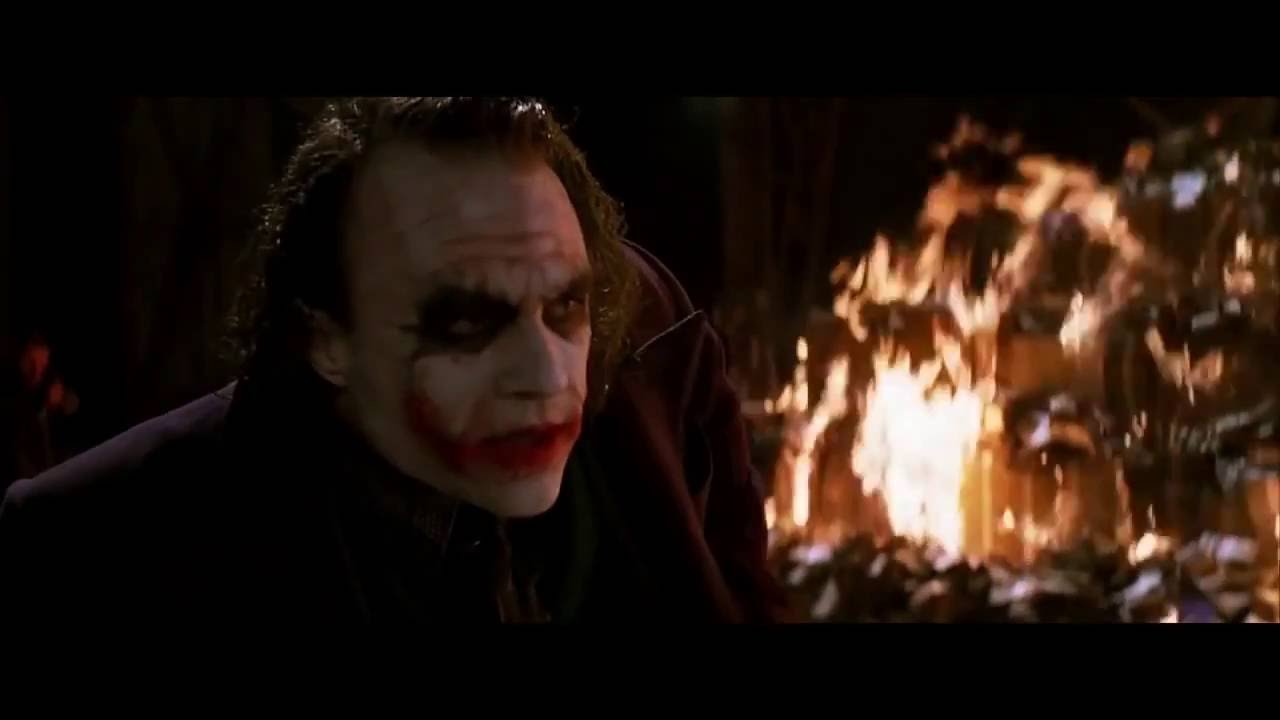
Technical Marvel
In addition to its cultural significance and storytelling achievements, let’s not forget The Dark Knight pushed a lot of boundaries, technologically speaking as well. In order to give the film a larger scale, Nolan shot portions of it using 70mm IMAX cameras. This was the first mainstream Hollywood film to do so, shooting over 28 minutes of footage. The trend of shooting popular blockbusters (at least partially) in IMAX would later be imitated by Mission Impossible: Ghost Protocol, The Hateful Eight, The Force Awakens, Star Trek Beyond, The Last Jedi, Avengers: Infinity War, as well as every Christopher Nolan film since.
In an age when streaming via smartphone or TV is becoming the norm, this groundbreaking film helped pave the way for studios to make their films true cinematic experiences when seen in theaters. Previously, many Hollywood films had been altered to be shown in IMAX but there’s nothing quite like seeing something actually shot that way.
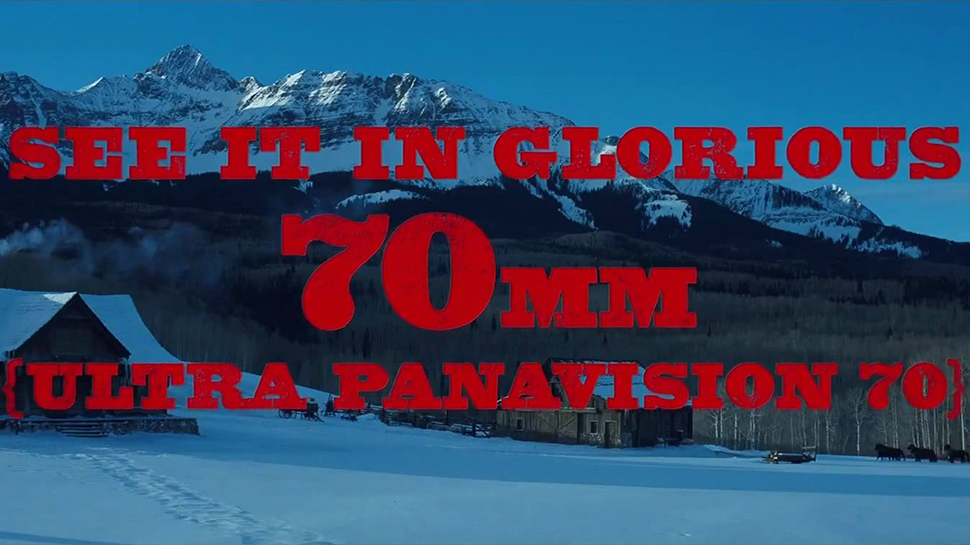
Learning the Wrong Lessons
Despite The Dark Knight being the brilliant game-changer that it was, its byproducts haven’t all been beneficial. As other directors and studios attempted to capture what made it so popular, many went about it the wrong way. The grounded in reality and gritty tone worked perfectly for Batman, but that doesn’t meant the same can be applied to any other comic book property. In 2015, Fox released the infamous Fantastic Four (aka Fant4stic) to abysmal critical and fan responses. It was trying too hard to be brooding the gloomy like The Dark Knight, but it missed the point entirely. The same goes for 2014’s Amazing Spiderman 2 when they attempted to be edgy and bleak by killing off Gwen Stacey, like The Dark Knight had done with Rachel.
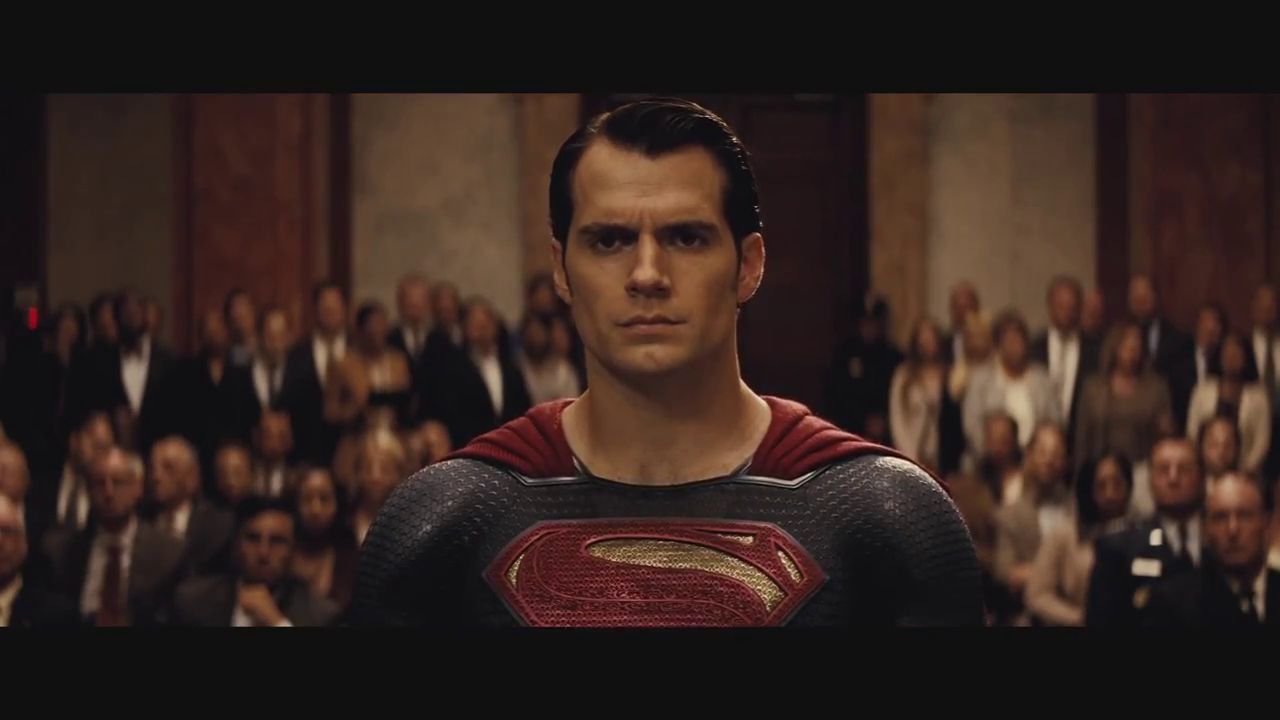
Perhaps the greatest issue it has caused is that it seemed to set the overall tone for the DC Extended Universe, which kicked off with Man of Steel in 2013, just a year after Nolan’s trilogy ended. It was quite clear that DC and Warner Brothers believed that they could simply replicate the style and mood of The Dark Knight and this would lead to overall success. It failed because it made Superman too much like Batman in Man of Steel, and especially in Batman v. Superman: Dawn of Justice. And by the time they realized their mistakes, they were in too deep, and the DCEU has been on a course correction ever since, making all new mistakes with Suicide Squad and Justice League. Without a proper foundation, the structure cannot stand, and by attempting to redo The Dark Knight, it’s left the entire new franchise on very weak ground.
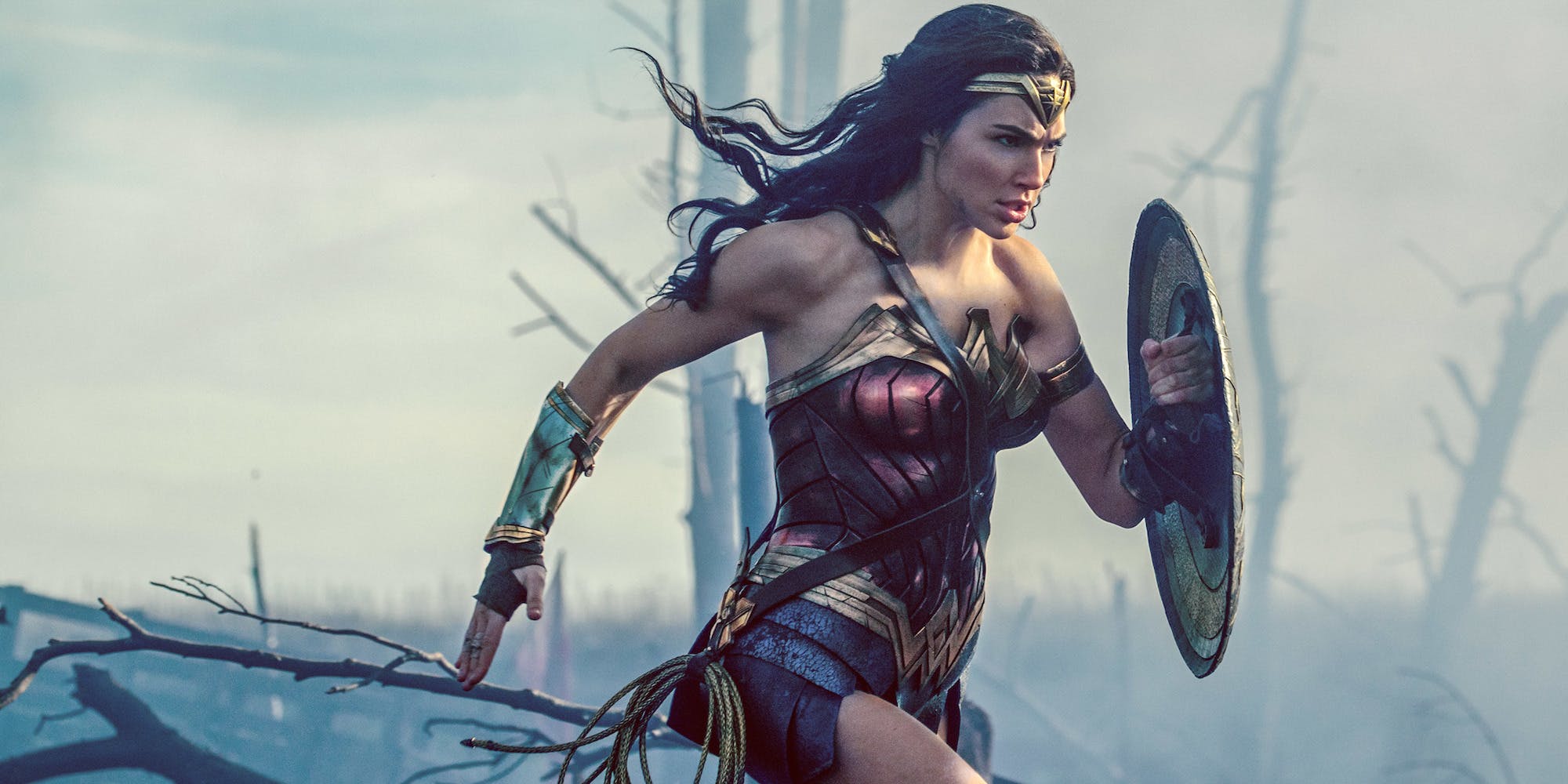
Yet for all this, the film itself is still a masterpiece that’s shockingly now 10 years old. And whatever effects it had, both positive and negative, none can deny that The Dark Knight has had a profound effect on not just superhero movies, but on cinema altogether.



